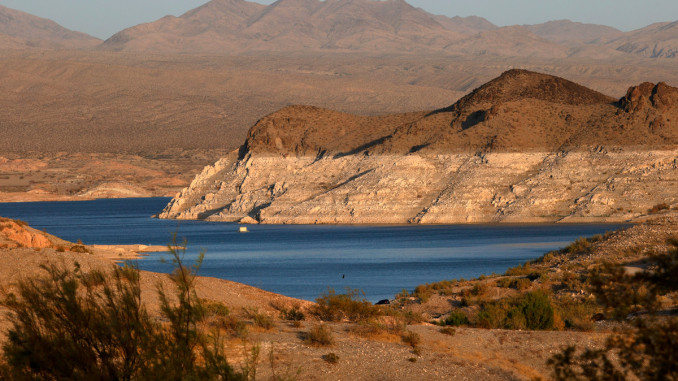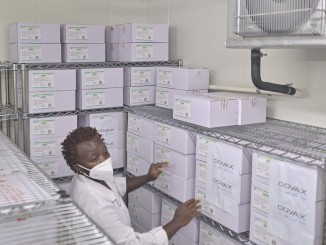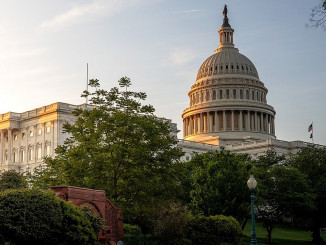
The U.S. Southwest is continuing to experience the worst drought in over 1,000 years. In some places the average temperature has increased by more than two degrees Fahrenheit since the year 2000. This is causing lakes to dry up, electricity prices to skyrocket (since hydroelectric power depends on water levels), record levels of homelessness, and disruptions in the broader ecosystem across the Southwest of North America. And these consequences are having the most adverse effects on some of the world’s most vulnerable communities.
Drought and other climate-caused disasters such as wildfires and floods are at risk of displacing 41 million people in flood zones across the U.S. Meanwhile, one million people are at risk of being displaced by fire-destroyed property in California alone. Furthermore, as lakes dry up, water is becoming scarcer – driving up the costs of water-dependent electricity.
But the drought doesn’t just affect people. It also decreases biodiversity and severs relationships among species in ecosystems. Nature is declining globally at rates unprecedented in human history because of global heating. We are in the midst of what scientists have labelled the sixth mass extinction, a disruption of the climate on this planet that threatens to eliminate thousands of species, including our own.
Who is to blame for a drought-stricken Southwest? Is it the people who are so-called too “lazy” or “selfish” to switch to renewable sources of energy or take shorter showers? In 2017, The Guardian reported that just 100 companies have been the source of more than 70% of the world’s greenhouse gas emissions since 1988. This tells us that a warming world has little to do with the choices of individual people, and everything to do with the capitalists who prioritize profits over the lives of every species on Earth. At the top of the list of the highest-emitting companies are ExxonMobil, Shell, BP, and Chevron. Let us not forget that these are the very companies who are continuing to rake in profits while gas prices soar today. The capitalist economic structure is powered on the exploitation of the environment!
So, who has the power to do something to address the drought? Politicians continue to line their pockets with funding from big business, while proposing band-aid solutions such as water banks or transfers and limiting water usage in the hardest-hit communities, while ignoring the systemic structure that is causing this problem in the first place. Only a system that prioritizes community and the environment, rather than profits, will succeed in stopping the perpetuation of the climate crisis. We must use our collective power to demand an end to the rule of capitalist profit – the politicians won’t do it for us. Our lives depend on it!




